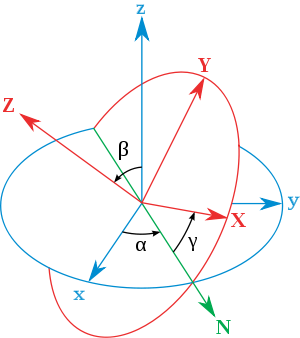 I don't recall the exact context, but last week in one of my readings there was a reference to AAA bonds. The author, using the singular, wrote "an AAA bond". I was slightly irritated, because one rarely hears "an AAA bond". Rather, we say "a triple A bond". Of course, we learn that in writing, the indefinite article changes to "an" before words beginning with a vowel sound. (Not always a vowel: "an honest mistake," etc. Other exceptions would be the 'u' sound [as in "you"]: "a united front," etc., and the 'w' sound in some words beginning with 'o': "a one-run inning.") If we write "an AAA bond" we are conforming to the usage norms regarding the indefinite article, but at the same time we create a little static for the reader, who typically converts written signs to vocal expression. In fact, the norm itself arises from that (higher?) principle: writing reflects the spoken language: we write "an apple a day..." because the consecutive 'a' sounds, when pronounced, like to have that 'n' sound added.
I don't recall the exact context, but last week in one of my readings there was a reference to AAA bonds. The author, using the singular, wrote "an AAA bond". I was slightly irritated, because one rarely hears "an AAA bond". Rather, we say "a triple A bond". Of course, we learn that in writing, the indefinite article changes to "an" before words beginning with a vowel sound. (Not always a vowel: "an honest mistake," etc. Other exceptions would be the 'u' sound [as in "you"]: "a united front," etc., and the 'w' sound in some words beginning with 'o': "a one-run inning.") If we write "an AAA bond" we are conforming to the usage norms regarding the indefinite article, but at the same time we create a little static for the reader, who typically converts written signs to vocal expression. In fact, the norm itself arises from that (higher?) principle: writing reflects the spoken language: we write "an apple a day..." because the consecutive 'a' sounds, when pronounced, like to have that 'n' sound added. Of course, I don't really care much how writers resolve the AAA bond bind, but I find it interesting and am now reminded of a truly fascinating article from the Wall Street Journal that was sent to me the other day: "Lost in Translation". The article reports on recent research that demonstrates how language actually determines culture, perhaps to an extent we could not have imagined. I learned that many languages do not have the concept of "left and right". Rather, they use the cardinal points for this kind of lateral orientation, even for the body. And, experiments have shown that people in cultures whose languages do this tend to have better spatial orientation. That is, they have "a great sense of direction." Learning another language can expand our horizons. The metaphor is perhaps more appropriate than we had imagined.

No comments:
Post a Comment